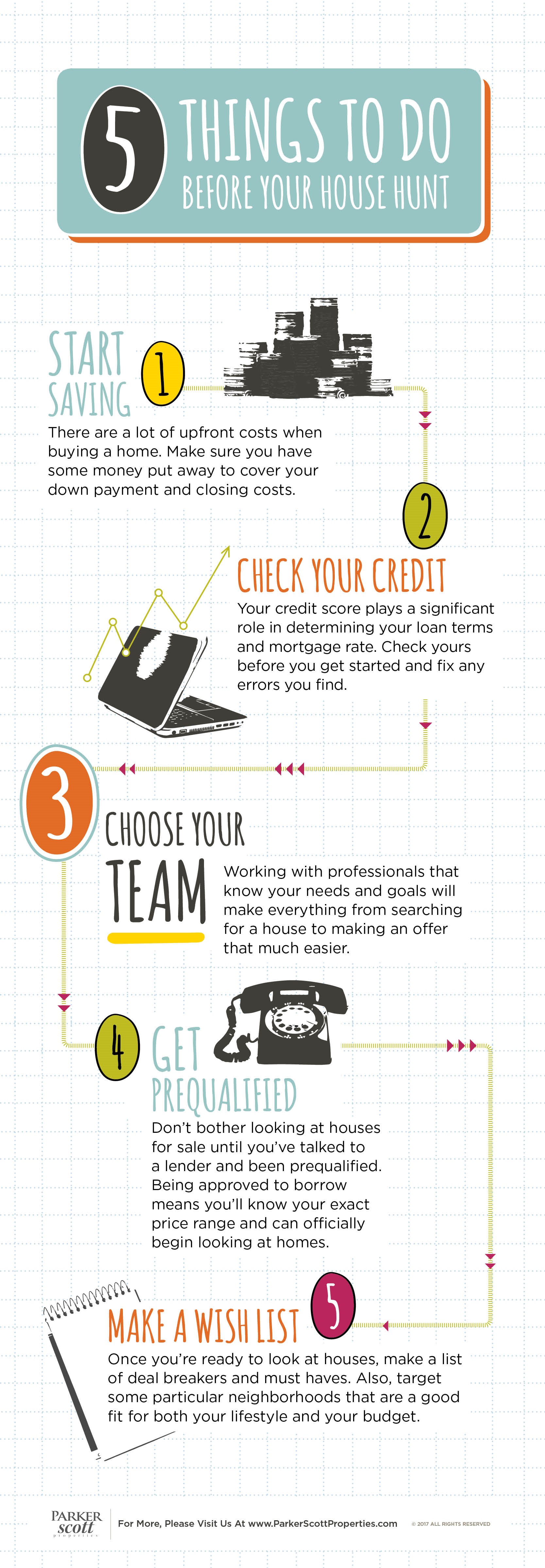Ipsos, an independent market research company, recently gathered a panel of experts to weigh in on the future of housing. From climate concerns to home automation, the panel looked at what changes may be necessary in order for our homes to meet our needs in the future. One of the topics focused on the fact that Americans are growing older. In fact, by 2060, nearly 100 million Americans will be over the age of 65 and – if current numbers are any indication – the vast majority of them will prefer to stay in their own homes and communities as they age. According to Rodney Harrell, director of livable communities for AARP’s Public Policy Institute, the current housing stock may not be suited to the needs of an aging population. “The problem is you can’t create a new housing stock overnight, so we have to start working now,” Harrell said. “Nobody should be forced from their home because it doesn’t work for them.” How our homes adapt to our needs will depend, in part, on advancements in smart-home technology but also on how soon builders and home remodelers begin installing features that make it easier for the elderly to preserve their independence. More here.








